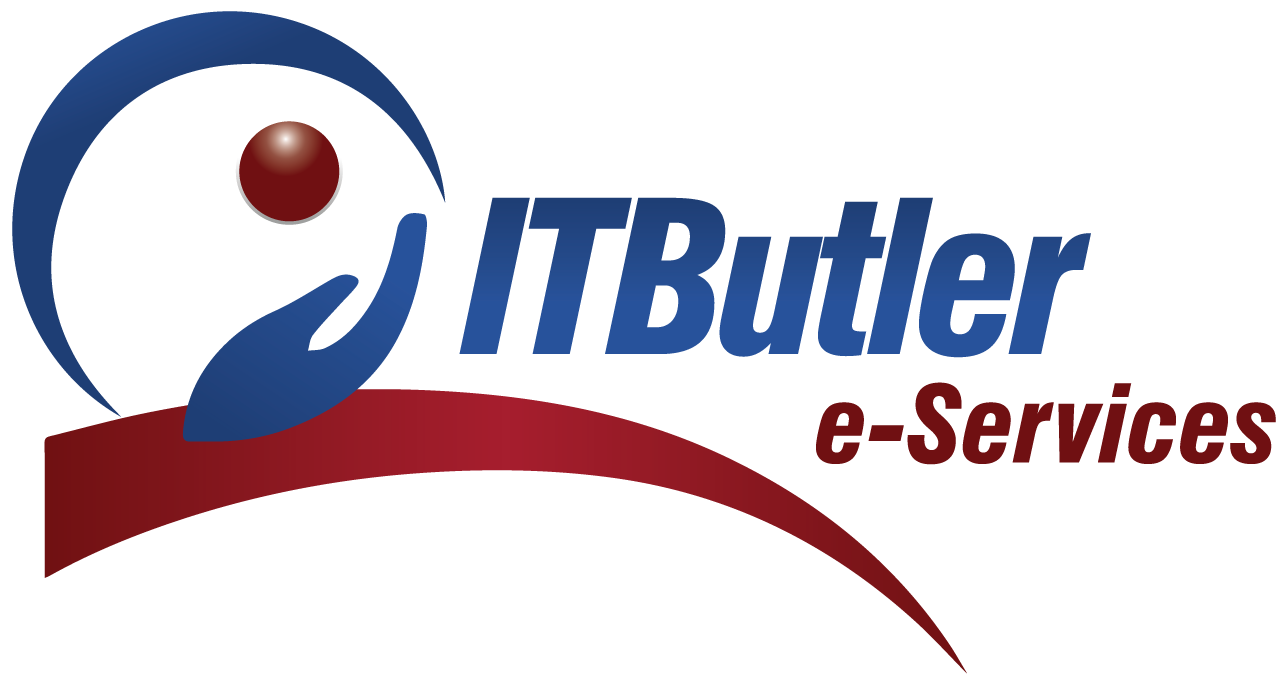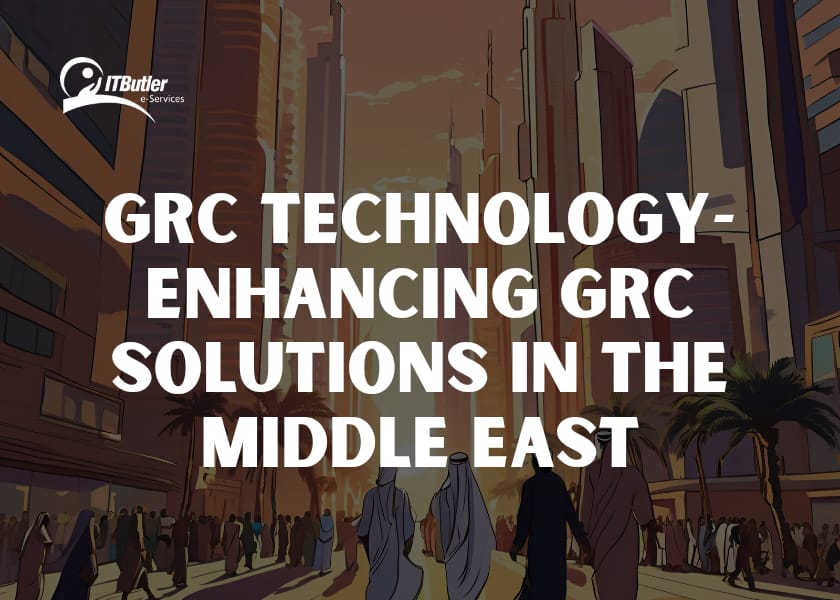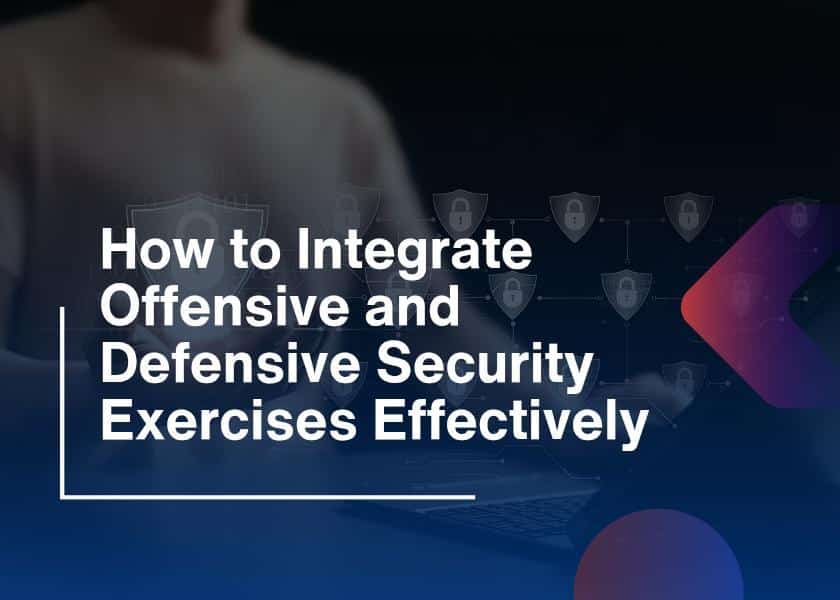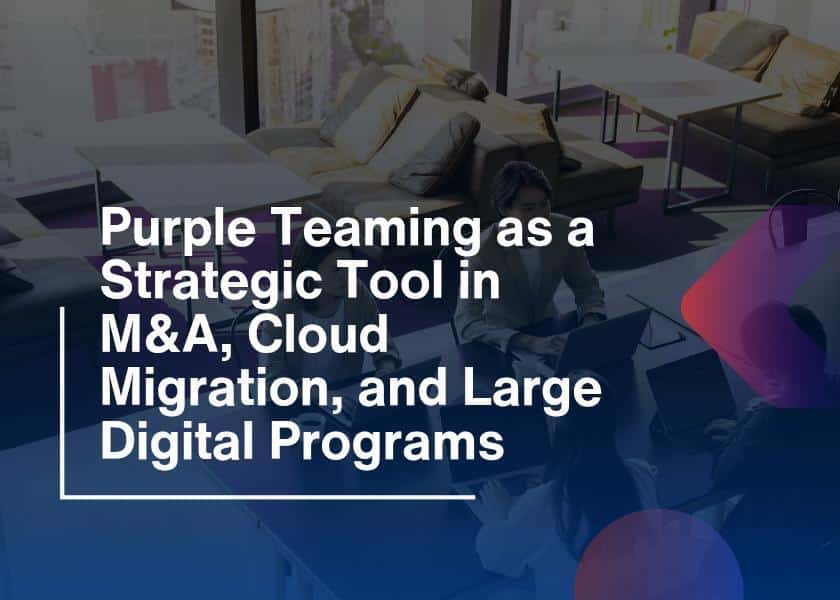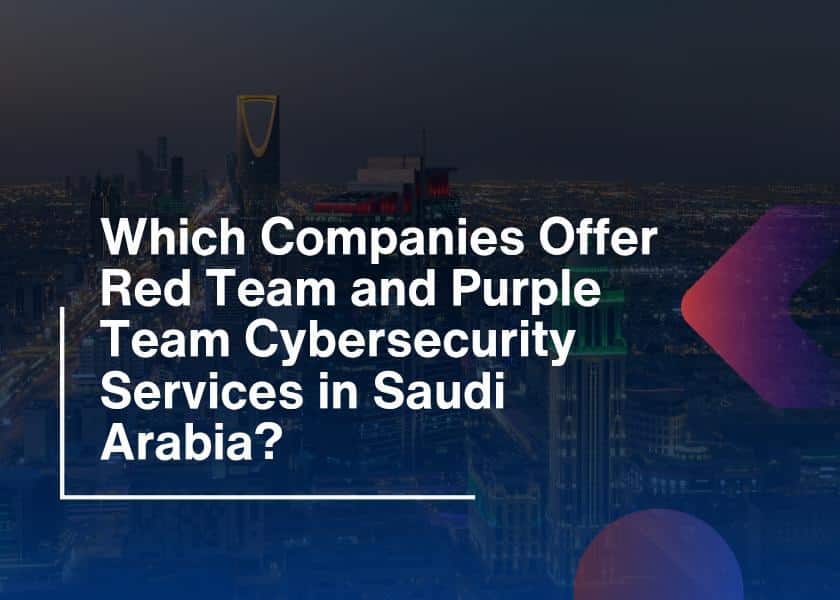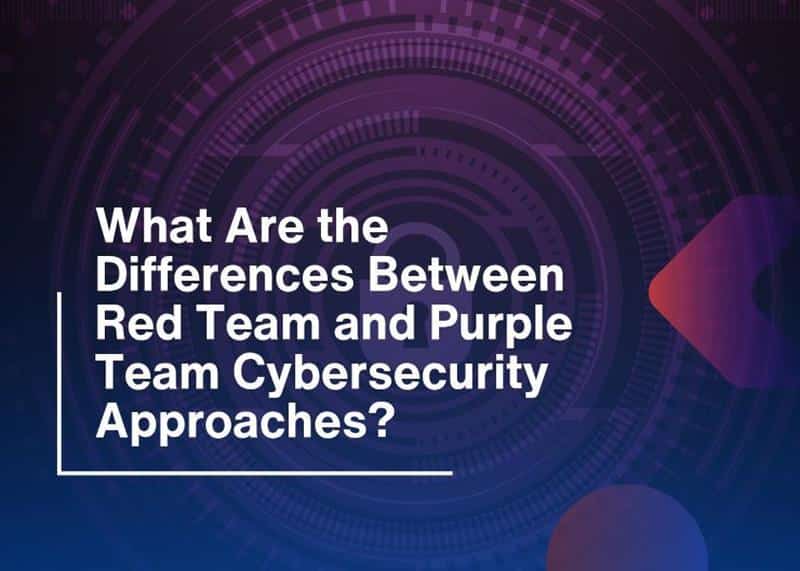Just imagine how stressful it used to be when companies had to go through a lot of paperwork just to be compliant. However, GRC technology can help you today to streamline your compliance work with greater transparency. As a result, businesses can automate things with just a few clicks that might have taken days.
In a world of emerging risks, it transforms how organizations approach unique challenges. But, how it changed the face of GRC solutions across the Middle East? Stick with us to know the reason for making this impossible thing not just possible but efficient also.
Understanding GRC Technology
Technology has the magic that turns manual service tasks into smoother and streamlined operations. However, this is true for GRC. First, spreadsheets, manual audits, and lots of guessing were used to deal with GRC. But now businesses in the Middle East are adopting GRC technology to simplify the process.
Moreover, It helps automate governance work, assess real-time risks, and sustain compliance standards. It’s like having a personal assistant for GRC needs.
Key Technologies Enhancing GRC Solutions
In this digital age, businesses are adopting technology to beat their competitors. So, what are you waiting for? Expand and streamline your company with GRC technology before your competitors do.
Therefore, we have found a few innovative technologies that can reduce manual work and error possibilities as well.
Artificial Intelligence and Machine Learning
AI and Machine Learning are extra brains that your GRC tasks require, but this does not get tired. Therefore, these technologies can analyze large quantities of data and foretell future risks. Ultimately, this will allow companies to predict risks instead of reacting when something goes wrong.
Further, one can use AI to monitor customer interactions and behavior patterns that could indicate potential fraud. However, It can also be applied to monitor internal operations.
For example, one of the major banks in the UAE has utilized AI to make decisions on financial risk. It also ensures that its operations are compliant with local and international regulations. Moreover, GRC technology indicates appropriate corrective actions that help the company stay ahead of risks even before they occur.
Blockchain Technology
Blockchain is truly a game changer in terms of transparency and trust. Moreover, data can be secured via a distributed ledger system, making it well-suited to compliance and governance processes.
An example would be a logistics company based in the Middle East. They use blockchain to guarantee supply chains will be intact without anyone being allowed to manipulate their data. Therefore, this satisfies local regulations and provides trust levels with international partners.
Cloud Computing
In this remote globalization, cloud-based GRC technology is what businesses need in terms of flexibility. However, it’s easy for businesses to scale without outgrowing their systems in cloud computing.
For example, a startup in Saudi Arabia that manages regulatory compliance across new geographies is using cloud computing. Therefore, this cloud-based GRC platform easily adjusts to new rules, making it easier for the organization to follow regulations.
Robotic Process Automation
Who does not like having their routine tasks done by a robot? In this digital era where AI has reduced human workload, RPA does the same for GRC processes. However, it fills out compliance forms or collects data tasks that would take hours of human employees.
Isn’t it wonderful to have a world where filling out forms will no longer be a thing of the past? As RPA handles the details so the employees can focus on productive tasks. In conclusion, it’s like having a super-efficient assistant available through the clock.
Data Analytics For Risk Assessment
Data analytics can be used to manage risks in businesses today. However, advanced analytics provide a company with in-depth insights into their operations, and trends.
For instance, analytics helps to monitor for fraud or other risks in the activities of employees. Moreover, It can also allow monitoring of patterns in customer complaints that could indicate underlying operational challenges. Therefore, using data analytics in risk assessment helps organizations to identify potential risk factors and take precautions to prevent them.
Benefits of GRC Technology in the Middle East
How these technologies will benefit your business in the Middle East? Stick with us to explore the unique Middle Eastern GRC solutions to uplift your business strategy.
1. Streamlining Compliance Processes
GRC technology automates compliance processes, thus there will be no longer manual audits or missed deadlines. Moreover, the reports will be filed on time and according to relevant regulatory frameworks.
For example, a leading bank in the UAE had automated its compliance tools. Therefore, it ensures it meets specific regulatory requirements free from human errors. Consequently, this has not only reduced human errors but has increased its efficiency as well.
2. Enhancing Risk Management
It’s all about preparing for the unpredictable, and that’s what technology does through real-time insights. However, companies through GRC technology identify potential threats and take preventive measures quickly.
Moreover, a manufacturing firm recently implemented a system for analyzing the performance of its equipment based on real-time data. Whenever it detects a possible breakdown, it alerts the team and avoids losing that money.
3. Improving Governance through Data Transparency
The impact of technology on governance is transparency at any level of an organization. Moreover, the data dashboards and real-time reporting help management to make informed decisions.
For example, a telecom company in Saudi Arabia improved its board-level governance using technology solutions. Additionally, it provides real-time insights into their operations and trends. Thus, the board could make decisions with complete transparency while being driven by data.
4. Scalability and Flexibility
Technology-driven GRC solutions are scalable as they grow with your business. Whether you are a startup or a large corporation, these tools help you to stay compliant while expanding into other markets.
For example, a tech startup based in Dubai adopted GRC software to manage compliance. However, this solution expanded with the firm’s growth, providing room for new regulations and complex business processes.
5. Save Time and Money
Automation helps the organization manage its security process in a smoother and more manageable way. As a result, organizations could take those resources to apply elsewhere in their business, such as for innovation and growth.
Challenges in Implementing GRC Technology
Of course, there is no solution without its challenges. Therefore, a few hurdles middle-eastern companies face while implementing GRC technology are:
Cybersecurity risks: Digital transformation demands stronger security measures to protect sensitive information.
Resistance to change: Many organizations still lag while adopting fully digital solutions due to a lack of skilled staff or fear of change.
Implementation costs: Digital technologies are quite expensive and hard to reach for low-revenue organizations. Therefore, they may not opt for it.
However, these challenges can be overcome with skilled employees and secure infrastructure. This will lead the company to use such technologies and derive the best benefits.
Future of GRC Technology in the Middle East
We can expect exciting times ahead for GRC technology. Hence, there are some hints about what is to come:
- Even more AI-based solutions for risk management will identify and predict actual threats.
- Blockchain-based smart contracts simplify compliance as well as reduce paperwork processes.
- Country-specific, region-specific, or even unique GRC solutions for each country in the Middle East.
Consequently, Middle Eastern businesses will use these advanced tools to make their GRC process more effective with the digital transformation.
Conclusion
As a result, Middle East-based businesses operating in the state are experiencing a revolution in governance, risk, and compliance. Therefore, GRC technology makes businesses much more efficient, scalable, and transparent. If businesses embrace innovation, they can even not only stay compliant but also reduce risks and enhance governance.
Therefore, the next time you are going to consider GRC, remember it’s a technology that can save the way! And who knows? Maybe someday robots will do it all for us as we sit back and enjoy the show.
Have you ever streamlined your work with this emerging technology? If yes, share your experience with us in the comment section.
FAQs about GRC Technology
– What are GRC solutions?
GRC solutions are integrated tools and systems that support businesses in managing governance, risk, and compliance processes effectively.
– What is GRC workflow?
GRC workflow management means the management and automation process related to governance, risk management, and compliance.
– What does GRC mean in technology?
GRC with technology can mitigate risks and human errors more effectively. Therefore, many companies opt for GRC tools or software for their processes.
